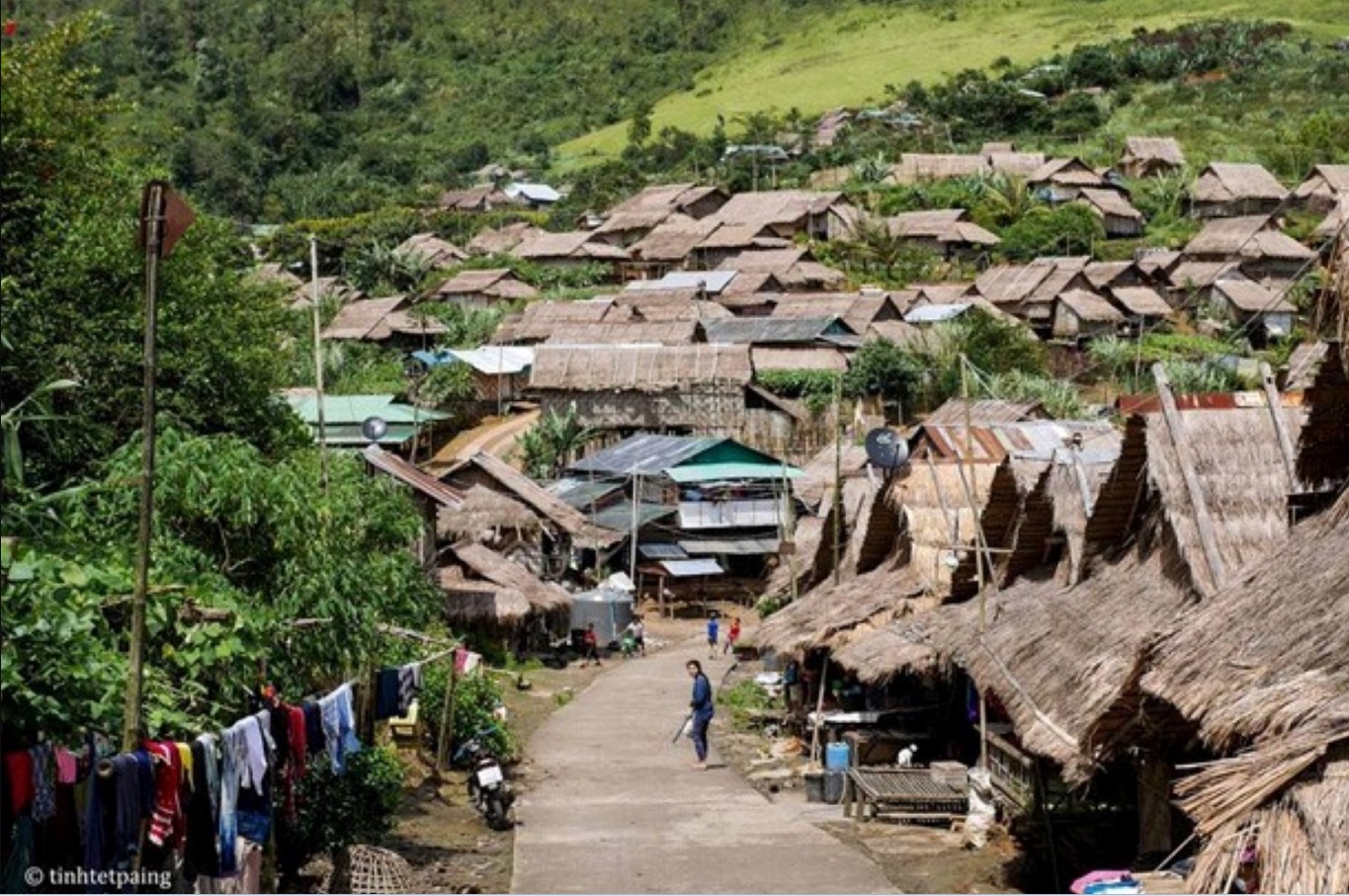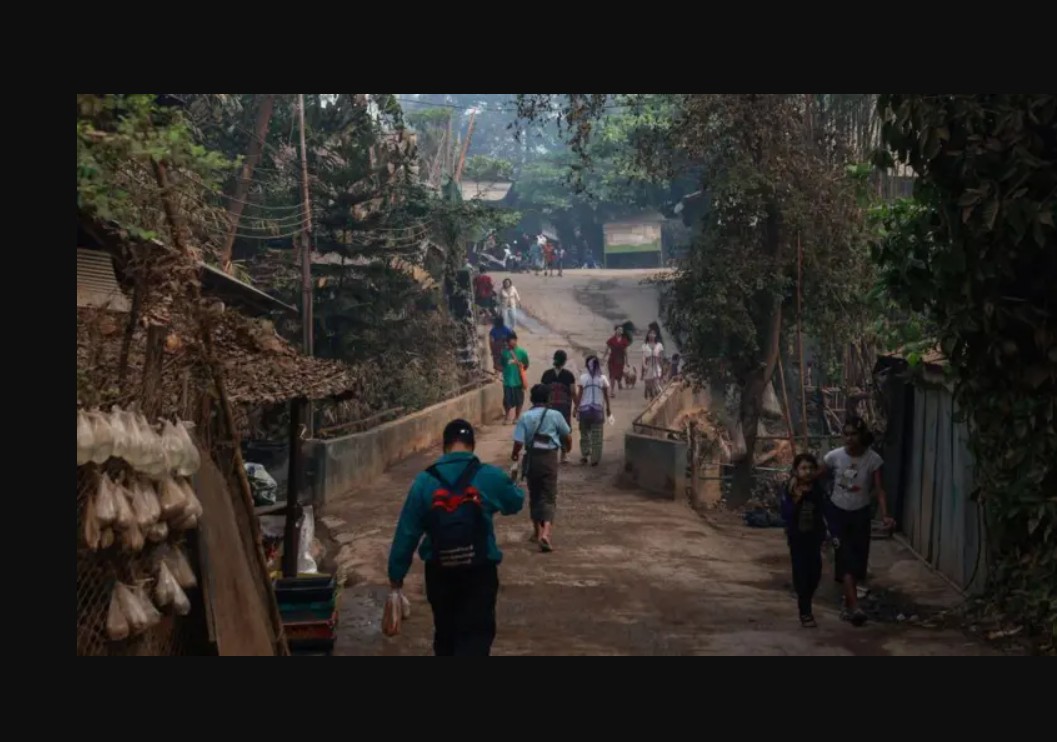CNI News
29 August 2025
Due to border tensions between Thailand and Cambodia that escalated into armed clashes, many Cambodian workers left Thailand.
To address the resulting labor shortage, Thailand has decided to allow Myanmar refugees to work, said U Min Oo, Labor Affairs Officer of the Foundation for Education and Development, to CNI News.
At a meeting on August 26, the Thai cabinet agreed to grant legal work permits to more than 40,000 people of working age living in nine refugee camps along the Thai-Myanmar border.
According to U Min Oo, Thailand is currently facing labor shortages, especially after Cambodian workers returned home, so the Thai government began considering Myanmar refugees as a replacement labor force.

A refugee camp near Mae Sot, on the Thai-Myanmar border (Photo by Tin Htet Paing)
“When the official Thai royal announcement comes out, I think more details will follow—such as how long work permits will be granted, whether extensions will be possible, and whether these people will be included in the CGI (migrant worker registration) system or not. Refugees can’t be entered into the CGI system like ordinary migrant workers. Instead, Thailand will need to issue a special pass. This is because refugees came here for various reasons and cannot be processed as regular migrant workers using documents from the Myanmar government. So, when the official announcement comes, there will likely be restrictions. It won’t be the same system as normal migrant workers.” he said.
Labor rights activists said the decision was based on factors such as improving bilateral relations, reducing illegal employment problems, supporting the social and economic well-being of camp residents, and maintaining stability along the border.
U Aung Kyaw, a labor rights activist, told CNI News that he welcomed Thailand’s policy change to allow refugees in border camps to work.

A refugee camp along the Thai-Myanmar border
“In the refugee camps along the Thai border, many of our Myanmar nationals and ethnic minorities have lived as refugees for decades. They survive under very tight restrictions, struggling day by day. Some have never been allowed to leave the camps to work. That was never an option before. When international aid and rations were cut, their lives became even more difficult. Since the Thai government itself cannot fully support them, granting legal work permits outside the camps is a way of helping them stand on their own. I appreciate this policy change.” he said.
It is reported that the Thai government has been sending health workers into the camps to provide medical check-ups and treatment for common illnesses. However, patients requiring hospital care must bear half of the costs themselves. The Thai government does not provide food supplies to the camps.




